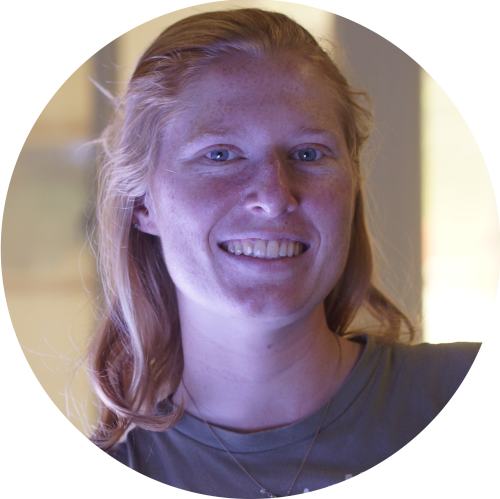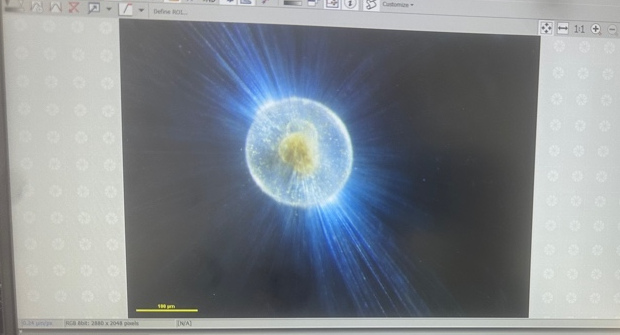Alice Ball
Marine organisms that build shells, or marine calcifying organisms are key players in the story of our past, present, and future of ocean conditions. When calcifying organisms build their calcium carbonate shells, they encode information about past ocean conditions, that can help us understand how the climate will change and how these organisms will respond. Today, shell building organisms are significant actors in the global carbon cycle. However, the intrinsic mechanism behind this shell building process, known as biomineralisation, is still not completely understood. Understanding this process better will help elucidate how marine calcifying organisms contribute to past, present, and future ocean conditions.
As part of the overarching project “Building Shells: Towards a Mechanistic Understanding of Biomineralisation”, my PhD will focus on culturing shell-building organisms (corals, coccolithophores, and foraminifera), and measuring their physiological response to extreme ocean conditions. While corals, coccolithophores, and foraminifera are different types of marine organisms, they all build calcium carbonate structures, and I plan to study how they build their shells through physiological response-based experiments. The studies will test how calcium, pH, and carbon concentrations affect the respiration, photosynthesis, calcification, and gene expression of these organisms. By examining their physiological response to extreme conditions, I hope to further uncover the cellular mechanisms behind the biomineralisation process.
You might typically find me in the field SCUBA diving for forams, growing coral and coccoliths in the lab, or doing experiments in order to understand the secrets behind how these tiny charismatic plankton and coral build their shells!
More from Alice Ball
Typhoon Troubles
and Respirometry Revelations!

